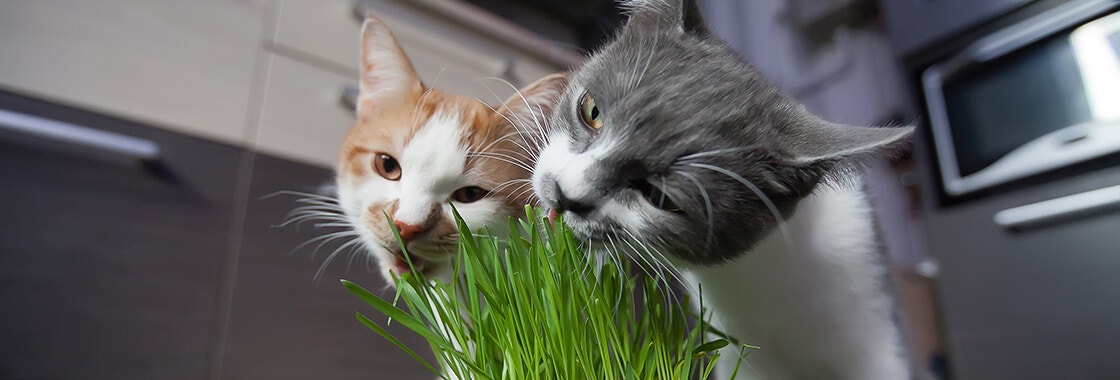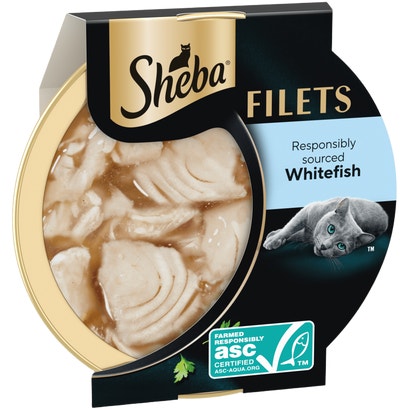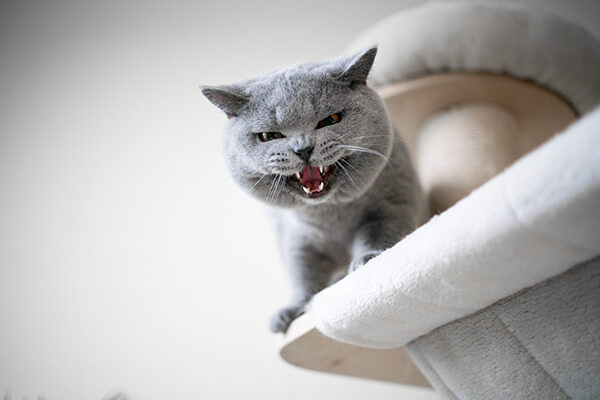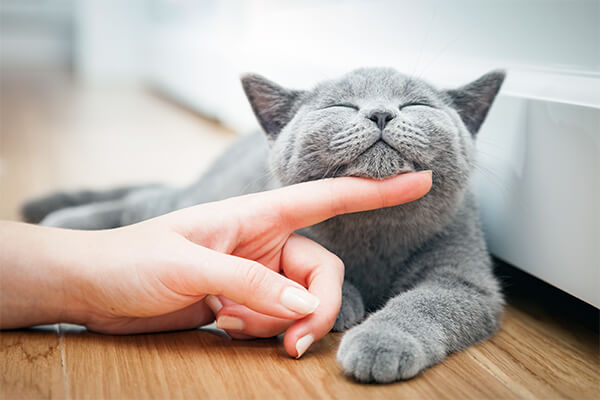Why do cats eat grass? An exploration


Share
If you’re like a lot of cat parents, you may have seen your feline out in the garden chewing on the lawn more than once, and wondered “why do cats eat grass anyway?”
Experts believe we see cats eating grass for a variety of reasons, such as to soothe digestive issues, to supplement vitamins and minerals in their diet, and simply because they like the taste. Here’s a closer look at why cats eat grass and the health implications around this behaviour.
So, why do cats eat grass?
There isn’t a definitive answer to the question “why does my cat eat grass?” but there are theories based on our current knowledge of a cat’s biology. One common explanation of why cats eat grass is that it helps digestion. A common response to the question “why do cats eat grass and vomit?” is that it helps cats to dislodge hairballs which are causing an upset stomach. Be sure to check out our guide “Can Cats Drink Milk” for more on digestive health.
Cats may eat grass to attain a small amount of vitamins and minerals found in the plant, which may not be present in their regular diet. Some animals like Lions have been observed eating grass to purge parasites in the wild, giving rise to the theory that eating grass could be an inherited behaviour related to cats’ wild ancestors.
Exploring the benefits of cats eating grass
The question around whether cats can or should eat grass isn’t as obvious as “can cats eat tuna?”, for example. However, there are a number of benefits to cats eating grass to consider if you’ve noticed this behaviour in your pet.
Eating grass can potentially benefit a cat’s digestive health, both by loosening hairballs that are bothering them and by relieving constipation by introducing more fibre to their diet. Eating grass may also provide mental stimulation, as some cats seem to genuinely enjoy the taste of grass and other plants.
Should I let my cat eat grass?
It's generally safe for cats to eat grass in moderation, as it can aid digestion, provide nutrients, and help relieve hairballs. Just ensure the grass is free of pesticides, and consult a vet if your cat vomits excessively after eating grass.
By and large, cats can and do eat grass with no negative health effects. While it’s natural to wonder “why does my cat eat grass?” the first time you notice this behaviour, it’s usually normal and harmless behaviour.
On rare occasions, eating grass can lead to a cat ingesting harmful pesticides or chemicals, being exposed to toxic plants, or eating foreign objects. However, provided you check the cat’s environment for these kinds of hazards, you shouldn’t have anything to worry about.
For more support on maintaining your cat’s digestive health, especially when you’re bringing a new cat home, check out our other guide: What should you feed your kitten?
A quick word on ornamental grasses - these tend to be thicker, drier, more coarse and less digestible than normal grass. In some cases where cats swallow a significant amount, ornamental grass can cause obstructions or gastric discomfort so this is to be discouraged.
Why do cats eat grass and vomit?
As cat care experts, we’re often asked questions along the lines of “why do cats eat grass and vomit?” While seeing your feline eat grass and then vomiting can feel concerning, it’s generally nothing to worry about, and can even be a sign that the grass is doing its job as a natural digestive aid.
One of the reasons why cats eat grass is to soothe digestive problems, for example by using grass to dislodge hairballs that are bothering them. If you notice other strange behaviours, for example a cat not eating their regular food, it’s best to consult your veterinarian.
Do cats only eat grass when they are sick?
It’s a common misconception that grass eating in cats is a sign of illness. While some cats may eat grass as a reaction to feeling sick, it’s a perfectly normal behaviour that many healthy cats engage in.
Some of the reasons why cats might eat grass when they’re not feeling sick include inherited, instinctual behaviour, and simply enjoying the taste or sensory stimulation.
Tips for managing cats eating grass
If you’re worried about your cat’s grass eating for any reason, there are ways you can control it and minimise the potential for harm. Offering your cat safe grass alternatives like cat grass or wheatgrass, and keeping your garden free of harmful chemicals and plants, can help curb grass munching and keep your feline safe.
Remember there are a lot of answers to the question “why does my cat eat grass?”, from it helping with digestive issues to it simply tasting good. Keep an eye on your cat’s behaviour, and consult a vet if you notice excessive grass eating or other changes in your cat’s eating habits to keep them healthy and happy.
For more information on cat digestive health, be sure to read our guide on Wet Cat Food vs. Dry Cat Food.











